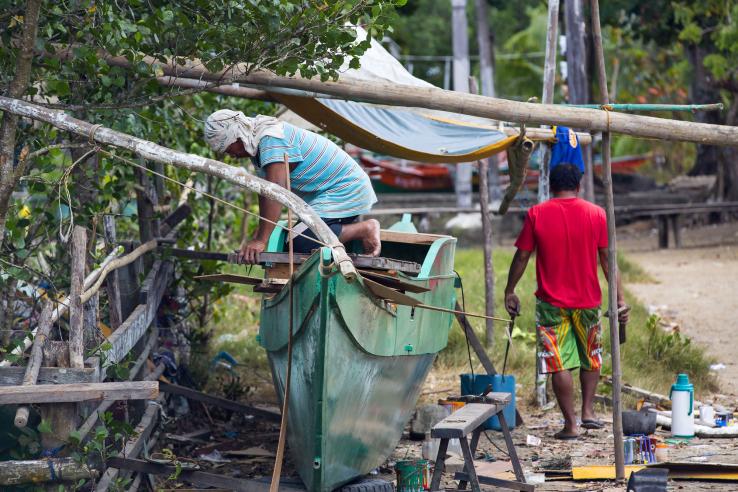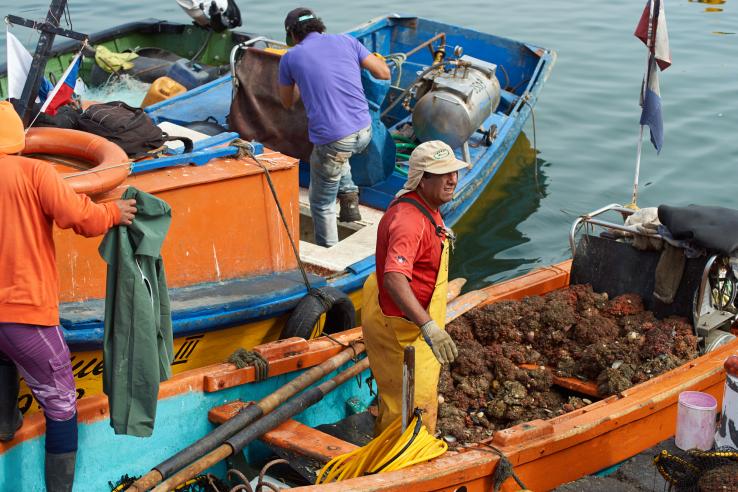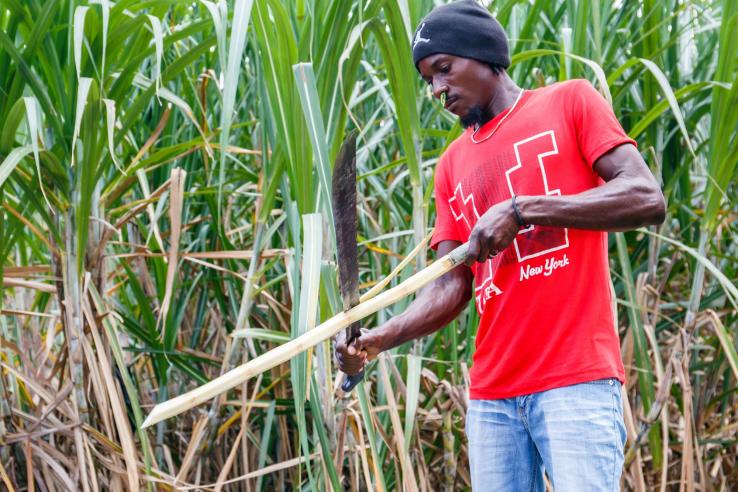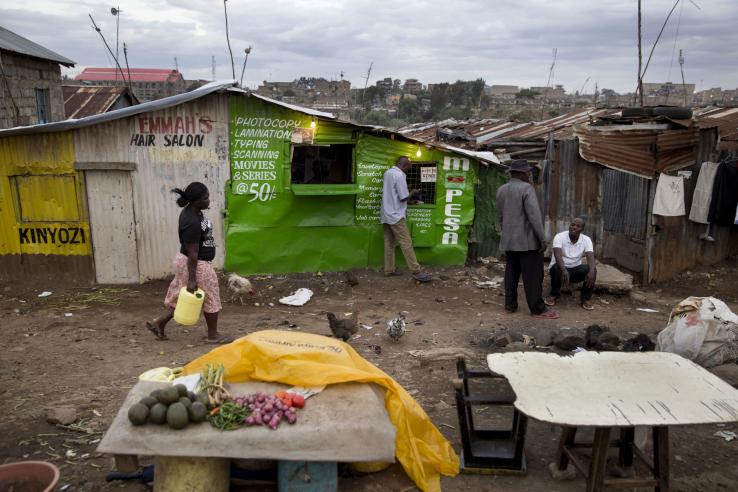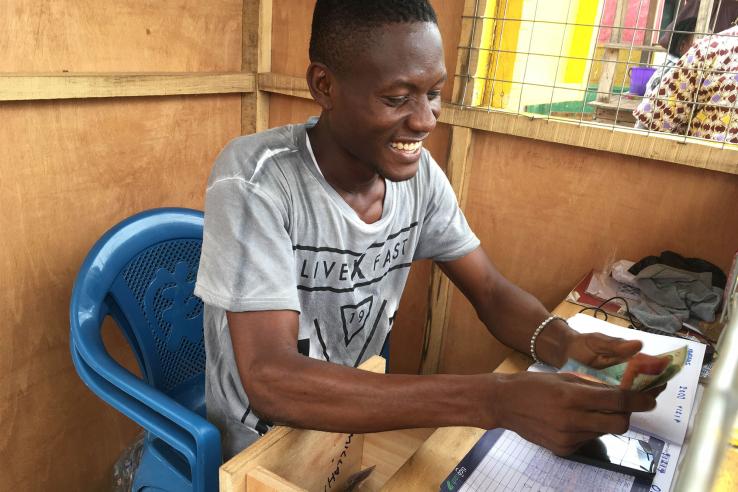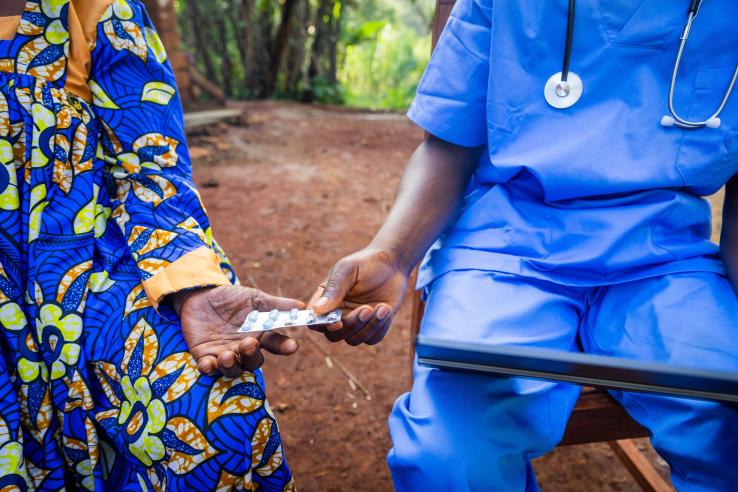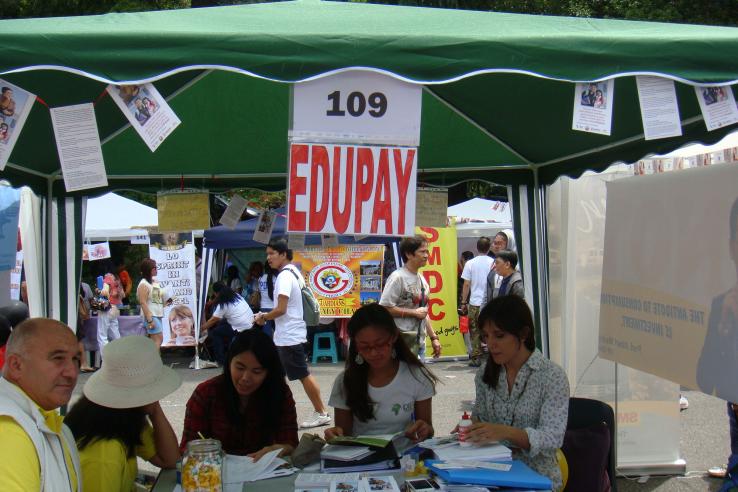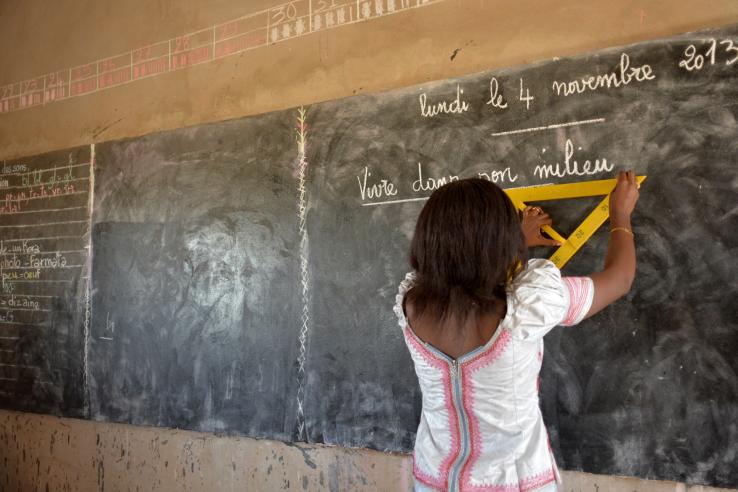Displaying 1111 - 1125 of 1291
Evaluation
This evaluation measured the impact of different in-store information campaigns on the consumption of plastic shopping bags and the sale of reusable bags in grocery stores across Mexico. The information campaigns did not significantly reduce plastic bag consumption or increase the sale of the reusable bags. The low intensity of the campaigns may have been a factor in their ineffectiveness.
Evaluation
In this study, researchers randomly selected existing group-lending centers to convert to an individual liability model. They found no difference in repayment rates between individuals assigned individual liability and those assigned group liability, no change in overall profitability for the bank, and a reduction in voluntary savings for those removed from joint liability.
Evaluation
Researchers evaluated the effect of an unconditional cash transfer program targeting mostly men on intimate partner violence in a context where nearly forty percent of households are polygamous. Polygamous households receiving the transfer experienced less physical and emotional violence, while monogamous households experienced no change.
Evaluation
Researchers examined the effects of free savings account access on savings account use, indebtedness, consumption, and well-being. Easy access to savings accounts reduced participants’ reliance on borrowing, helped them manage fluctuations in income, and increased their self-reported well-being.
Evaluation
In the Dominican Republic, researchers are investigating whether financial education and business training can help recipients of CCTs to manage their own finances and ultimately graduate from the program.
Evaluation
Researchers conducted a randomized evaluation to measure the impact of offering subsidies to connect to the power grid on the demand for rural electrification in Kenya. The study finds that demand falls rapidly as connection price increases, and that supply costs are very high.
Evaluation
Evaluation
Researchers evaluated the effects of different medication packaging and messaging on individuals’ adherence to malaria treatment in Uganda. They found that colorful, “high quality” packaging had no effect, while adding low-cost stickers with simple informative messaging to existing packaging improved adherence.
Evaluation
Skilled immigrants in Canada struggle in the labor market, facing substantially higher levels of unemployment and lower wages than non-immigrants. Researchers randomly manipulated thousands of resumes to measure the effects that foreign experience and having a name of Chinese, Indian, Pakistani, or Greek origin (all large immigrant groups in Canada) have on callback rates from employers. Resumes with English-sounding names received more callbacks than those with Chinese, Indian, Pakistani, or Greek names. Work experience in Canada increased responses for resumes with Chinese, Indian, Pakistani, or Greek names, but callback rates were still lower than those with English-sounding names.
Evaluation
Researchers evaluated whether the intensity of personalized interaction between borrowers and loan officers in India influenced borrowers’ repayment behavior. They found that clients with personal relationship managers at the bank had better repayment behavior but were not more satisfied with their loans overall.
Evaluation
Researchers evaluated the impact of enabling Filipino migrants to label remittances for education on the amount of money they sent home. Labeling remittances as funds to be used for education raised the amount of money migrants sent home substantially (over 15 percent).
Evaluation
Researchers tested whether making weekly calls to teachers, students, and the village chief during an adult education program in Niger could increase teacher accountability and improve student learning. Both the education program and the weekly calls increased students’ scores in reading and math.

